A locally produced documentary about the introduction of forestry in America is scheduled to hit the silver screen this weekend at Biltmore Estate. The one-hour film, First in Forestry, tells the story of Carl Schenck and the Biltmore Forest School, the first forestry school in the country.
“It’s the story of how American forestry started, and the forces that were pushing that along,” says Paul Bonesteel, director.
Bonesteel Films, an Asheville production company, wrote and directed the film for the Forest History Society, a nonprofit library and archive in Durham.
“All the actors and almost all of the crew are local, and that’s a huge part of what we love about Asheville,” Bonesteel says. “There are a lot of talented people in the region who are very professional about what they do, and so we want to provide as much work as we can, and share the project as much as possible.”
Filmed during the summer of 2014, Bonesteel says the crew returned to many of the original sites where Schenck took the first forestry students in the nation.
“We shot quite a few of the interviews on the Biltmore Estate property, partly because the story was set there. That was George Vanderbilt’s land, where meetings and things took place,” he says. “We also shot a good bit in Pisgah Forest, in and around the Cradle of Forestry, a little bit in DuPont State Forest, and at some various overlooks on the Blue Ridge Parkway.”
While the actual production of the film took less than 18 months, for some, it has been decades in the making.
“The Forest History Society had been discussing this for 10 or 15 years now — creating a documentary about Carl Schenck and the Biltmore Forest School,” says James Lewis, staff historian of the Forest History Society. “The subject matter is very important. Carl Schenck played a very important role in the establishment of forest management in the United States, as well as helping to launch the conservation movement, but few people know about him.”
Lewis, author of a book about national forests, says he has studied Schenck for nearly 20 years, and had a personal interest in bringing this project to fruition.
“I asked, ‘What are we waiting for?’,” he says. “The answer was ‘money.’”
So Lewis kicked off his own fundraising campaign for the project.
“In 2013, I came down and ran the inaugural Cradle to Grave 30K race, and then the next morning, ran the 15K race at the Biltmore Estate,” he says. “It raised about $5,000.”
Next, he says, the Forest History Society contacted one of Schenck’s descendants, Penelope Wilson, who agreed to match donations, dollar for dollar.
“It’s because of her that, really, this film came into being so quickly,” says Lewis. While a portion of the funding flowed in through a grant from the Blue Ridge National Heritage Area, donations from individuals also contributed to the production of the film, he says.
Lewis, along with other historians, is interviewed in the film. Bonesteel says they relied on historical information like Schenck’s memoir, Cradle of Forestry in America, diaries left behind by students and photographs to accurately portray the early-19th century setting.
“The re-creation part of this was fun and, I think, successful,” Bonesteel says. “We did our best to make it authentic.”
Lewis agrees, “In all honesty, I’ve seen the film close to two dozen times, and I’ve been studying this material for 20 years, and yet, every time I sit down and watch it, I’m pulled into the film. At the end, I’m choked up because it’s such a beautifully told story. I always wonder at the end of it, ‘What could I do to meet Carl Schenck?’ He is a very fascinating person.”
The Sunday screening at Biltmore Estate will be the third for the film.
“The reaction, so far, has been good, at both of the screenings we’ve done,” Bonesteel says. “Hopefully at the Biltmore screening, we’ll do some Q&A and hear what people think.”
A screening in Burnsville on Sept. 10 drew more than 160 viewers, according to Lewis. After a Brevard College screening at the end of August, one viewer commended Lewis for his efforts.
“She said, ‘I learned so much watching your film, and I can’t thank you enough for that.’ To me, that was the biggest reward. Here’s somebody, a local, who has visited the site, knows it very well, and yet, just felt like she had learned something new,” says Lewis.
While the upcoming screening is, as of press time, the final planned screening, Lewis says he hopes to make the film available to viewers across the nation, as well as the globe.
“It has local and regional focus, but it is a national story,” he says. “What happened there had national implications. This really is where the conservation movement starts.”
The Forest History Society has reached an agreement with UNC-TV, Lewis says, which will allow its broadcast to begin in early 2016.
“As we understand it, it will show on their main channel, and then they’ll broadcast it on their subchannels, as is appropriate,” says Lewis.
A second grant awarded by the Blue Ridge National Heritage Area enabled the Forest History Society to work with Bonesteel Films to create a condensed, 25-minute version of the documentary, which will be shown on a daily basis at the Cradle of Forestry in Pisgah Forest, beginning this spring.
“The hope is to put both versions of the film out there for classroom use,” Lewis says. “So the teacher would have that flexibility to show the 25-minute or 55-minute version of the film.”
The next step for the Forest History Society, Lewis says, is to submit First in Forestry for consideration to numerous film festivals, both in the United States and abroad. Since Schenck was a German native, the film may appeal to viewers in European countries, he says.
In addition, the full-length documentary will be available for purchase on DVD, and may also appear on other public television stations.
“Our hope is that public television stations throughout the country, through a distributor, will pick up this film,” says Lewis.
Tickets for the Sept. 27 screening of First in Forestry are available online at www.firstinforestry.org. The $30 cost includes a wine and cheese reception, beginning at 4 p.m. The screening will begin at 5:15.
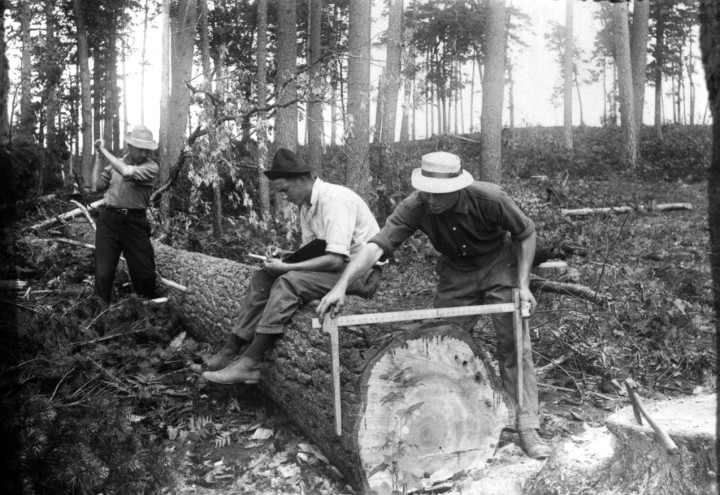
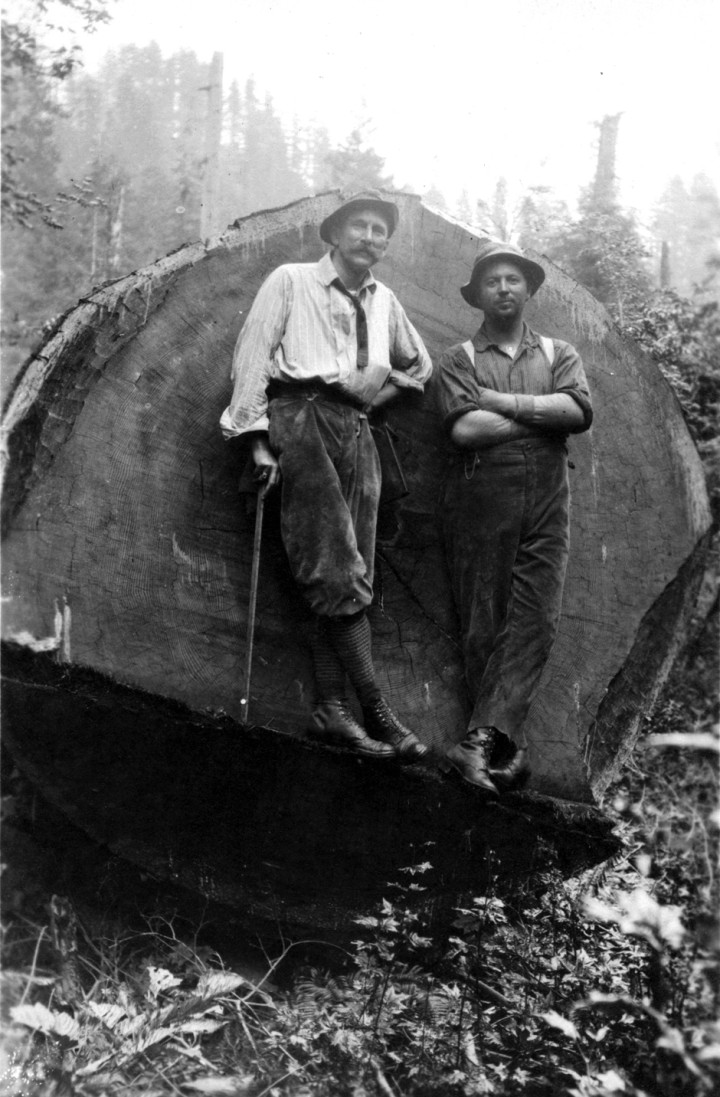
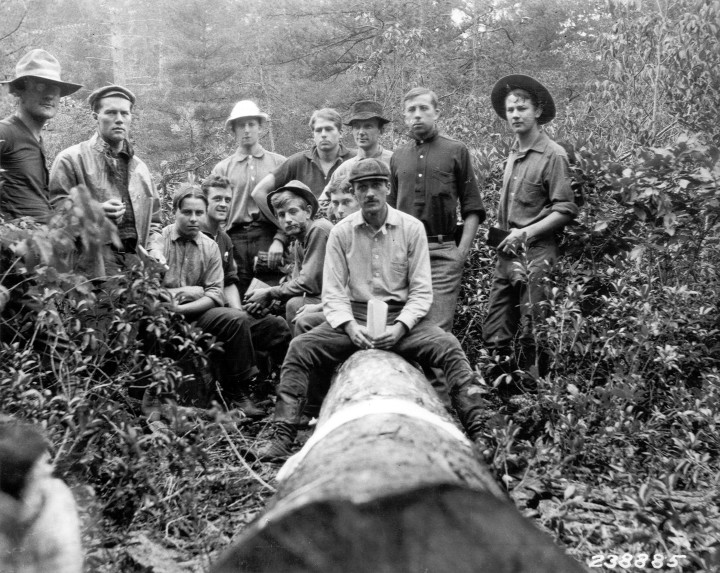
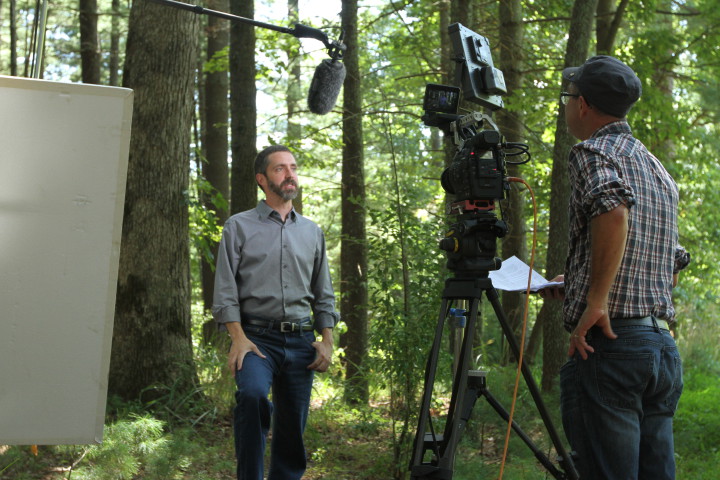

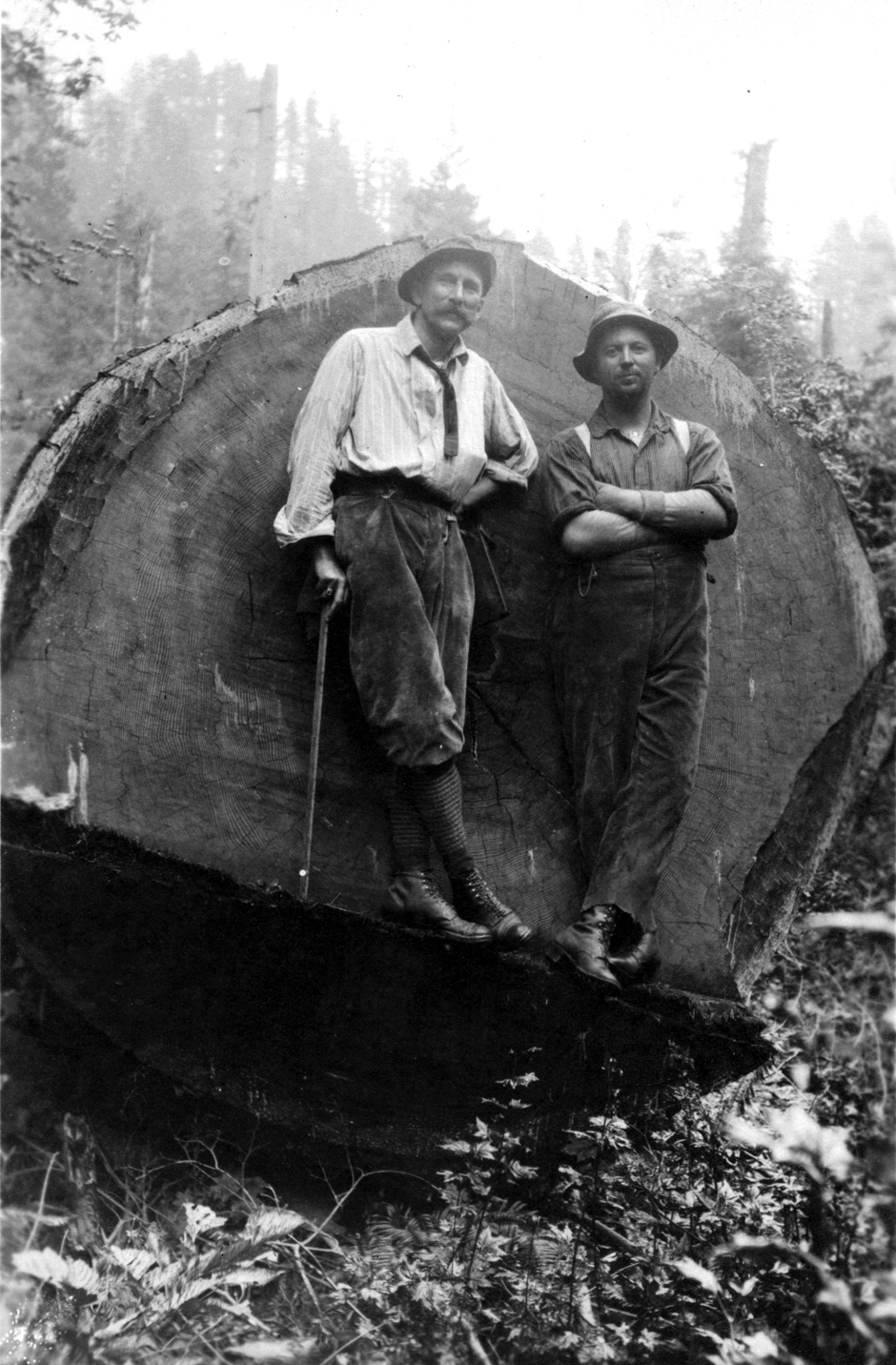

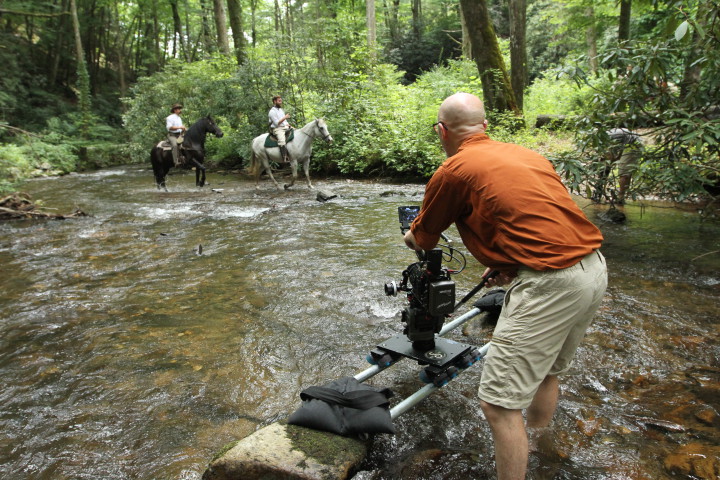
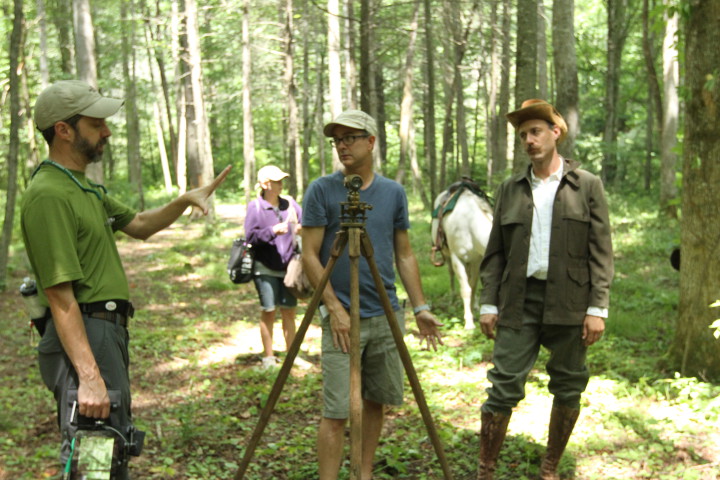

$30?!
Not a very accessible screening.. What a bummer.